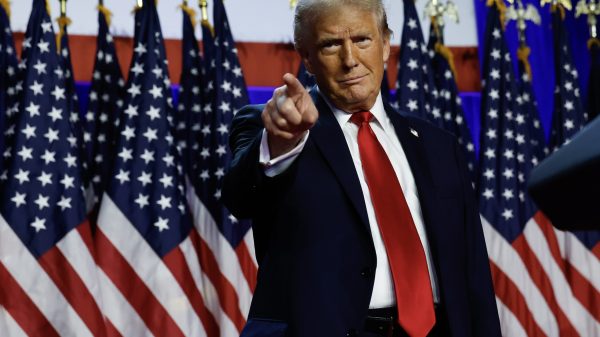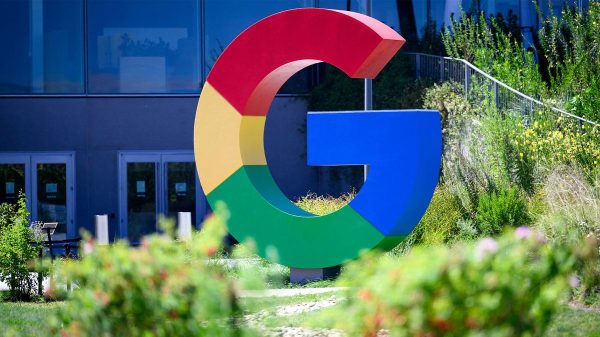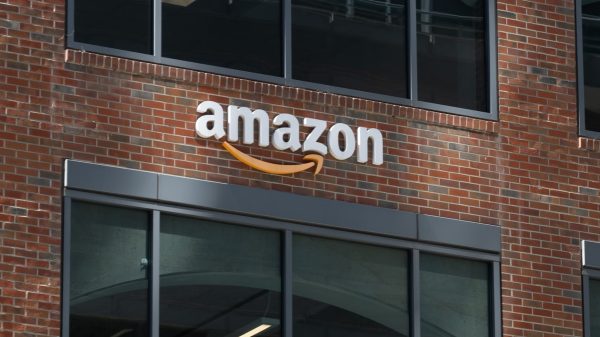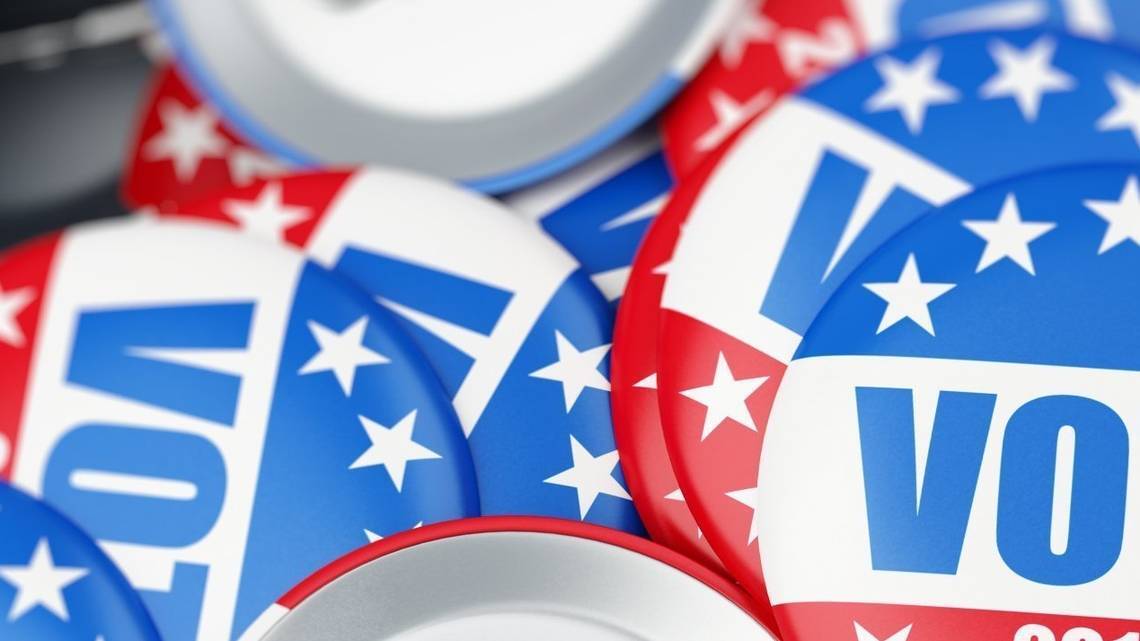Fifty years after the iconic educational series Schoolhouse Rock introduced children to “I’m Just a Bill,” Washington State has created a new animated character to address concerns about election security. As the 2024 elections approach, the state has launched a $1.8 million marketing campaign designed not just to increase voter turnout but to educate the public on the integrity and security of the mail-in voting process.
Funded by the Washington Secretary of State’s office, this campaign aims to reinforce voter confidence by explaining how votes are processed safely and transparently.
The campaign features an animated ballot named “Mark The Ballot,” which cheerfully guides viewers through the voting process. Mark explains his journey from the elections office to the mailboxes and drop-off points, where each step is closely monitored and verified. This visual style is reminiscent of Schoolhouse Rock’s educational approach, using familiar, friendly imagery to engage and inform the public about the voting process.
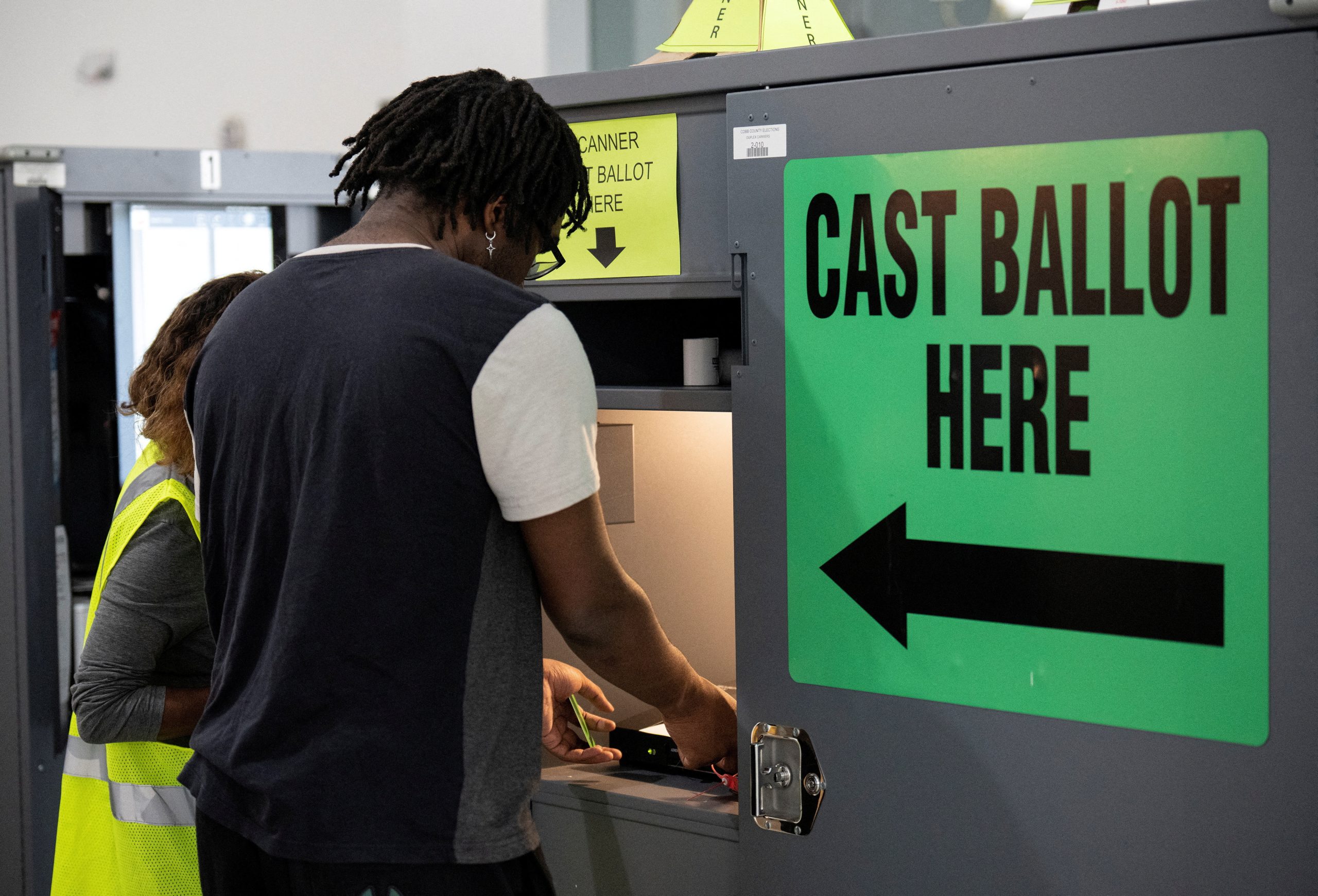
Washington Launches $1.8 Million Campaign with Animated Ballot to Boost Voter Confidence Ahead of 2024 Elections
This approach marks a significant shift from Washington’s previous communication strategies. Historically, efforts were focused on simply reminding voters where and how to cast their ballots. The new campaign, however, also aims to counter misinformation, particularly in light of false claims about election security that emerged from events like the January 6th Capitol riots. It addresses misconceptions, such as the belief that voting machines are connected to the internet, which is not the case.
The campaign provides information on various aspects of election security, including voter verification processes, opportunities to observe election operations firsthand, and the role of local volunteers. It directs people to reliable sources for accurate election information, hoping to combat misinformation and restore public trust. Secretary of State Steve Hobbs emphasized the importance of continuous efforts to counter misinformation and maintain voter confidence.
The campaign arrives amid growing concerns about misinformation in the U.S. due to various factors, including social media dynamics and AI-generated content. Washington’s proactive approach is seen as a model for other states, with Vivian Schiller from the Aspen Institute noting that Washington’s efforts to educate voters are both timely and essential given the current information environment. The campaign is designed to be relatable and locally relevant, aiming to instill pride in the voting process as a communal effort.
The three-phase campaign started with social media outreach, followed by broader paid media efforts, including collaborations with local media and sports teams. A third phase will involve partnerships with colleges and local figures to further personalize the message. Despite past surveys showing some distrust in mail-in voting, the campaign aims to build higher trust by connecting the voting process with community values and achievements, showing that voting is a collective and well-supported endeavor.






